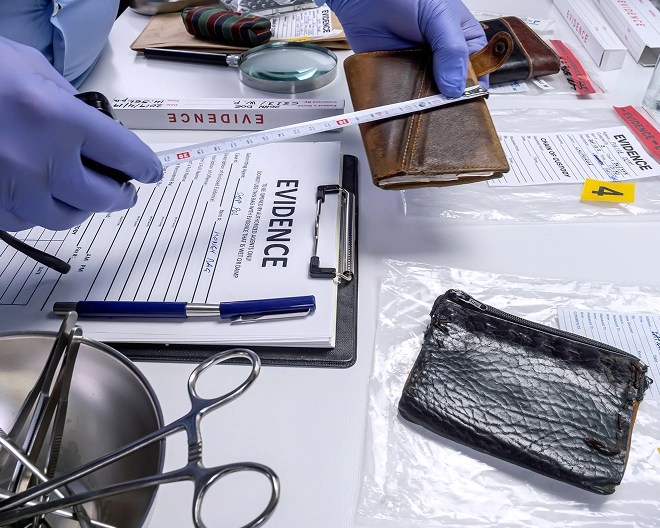
A complete guide to criminology degrees
Piece together your future with a degree in criminology. Follow our clues to uncover where one will take you.
Have you ever been captivated by the intricacies of crime and justice? A criminology degree could be your gateway to a fulfilling career. This field explores the causes of crime, the psychology behind criminal behaviour, and the systems in place to address it. Whether you’re drawn to forensic science, law enforcement, or criminal psychology, criminology offers a path worth exploring. But does it entail, and where could it lead? We’ve left a few clues below…
Topics you’ll explore
A criminology degree takes you deep into the study of crime, justice, human behaviour, and whole lot more:
Criminal justice
Forensic science
Psychology of crime
Sociology of crime
Restorative justice
Crime prevention strategies
Skills you’ll gain
Criminology might seem more niche than subjects like business or humanities, but this degree let’s you walk away with expert knowledge and a versatile set of skills:
Hard skills
- Legal comprehension
- Evidence analysis
- Forensic science and technology
- Data interpretation
- Interviewing techniques
- Research methods
Soft skills
- Complex problem-solving
- Emotional intelligence
- Attention to detail
- Observation
- Critical thinking
- Empathy and cultural awareness
Degree routes available to you
Criminology is not just one degree. Many allow you to specialise in areas that match your interests and career goals, including:

BA Criminology
Focuses on the social and theoretical aspects of crime, exploring its causes and societal impacts.
BSc Criminology
Emphasises the scientific and forensic side of criminology, including crime scene analysis and investigative techniques.


BSc Psychology with Criminology
Combines psychological theories with criminological studies to understand criminal behaviour and rehabilitation.
MSc Forensic Psychology
A postgraduate degree that delves into the psychological assessment and treatment of offenders.


MA Criminal Justice
Examines the policies and practices of the criminal justice system, focusing on law enforcement and rehabilitation.
MA Criminology
A postgraduate degree offering advanced study in criminological theories, research methods, and policy analysis.


MA Criminological Psychology
Explores the intersection of psychology and criminology, with a focus on understanding and preventing crime.
Common questions about criminology degrees
Why pursue a criminology degree
Variety
Criminology offers a diverse range of career paths, from forensic science to criminal justice policy.
Impact
Make a tangible difference by improving community safety and influencing the criminal justice system.
Skills
Develop a unique mix of analytical, legal, and interpersonal skills that are highly valued across industries.
Satisfaction
Enjoy high job satisfaction with 77% of criminology students recommending the subject (UCAS).
Growth
Benefit from strong career prospects, with roles like forensic scientists and detectives in high demand.
Collaboration
Work alongside professionals from various fields, including police, psychologists, and lawyers.
Where this degree will take you
A criminology degree opens doors to a wide range of rewarding careers in crime and justice. Here are some of the most common paths you can pursue:
Police Officer
Serve your community by enforcing laws, preventing crime, and ensuring public safety.
Forensic Scientist
Analyse evidence from crime scenes to help solve cases and bring criminals to justice.
Criminal Investigator
Uncover the truth behind crimes by gathering evidence, interviewing witnesses, and solving complex cases.
Probation Officer
Support offenders in their rehabilitation and reintegration into society.
Criminal Lawyer
Represent clients in court, ensuring fair trials and upholding justice within the legal system.
Crime Analyst
Use data to identify crime patterns, helping law enforcement agencies prevent future offences.
Find your criminology degree
Common questions about criminology careers
Our related degrees
Want help choosing the right degree?
Complete this form and we’ll share guides, insights, and top courses to help make your degree journey that much clearer.



